- In 2009, a task force involving eight government agencies was set up to assess nation-wide costs, benefits and feasibility of EV adoption in Singapore
- Singapore was among the first cities in the world to test EVs at the systems level in 2011
- But as recent as August 2019, then Environment and Water Resources Minister Masagos Zulkifli had questioned the feasibility of EVs, saying the Government has no solution on charging point deployment
- Following advancements in battery and charging technologies, the Government announced in 2020 that it was “placing a significant bet on EVs and leaning policy in that direction because it is the most promising (cleaner vehicle) technology”
SINGAPORE — Can electric vehicles (EVs) replace petrol and diesel vehicles on Singapore’s roads? The question was explored in Parliament as early as 1994, when former Nominated Member of Parliament Kanwaljit Soin mooted that Singapore could be one of the first cities in the world to proliferate EV use.
Then-Environment Minister Mah Bow Tan responded by saying that his ministry was indeed monitoring the development of such vehicles in other countries. “When they are commercially viable, we will certainly look into their use in Singapore,” he said.
Fast forward to today and there have been rapid developments in EV technology, including advancements in battery and charging technologies.
As recently as August 2019, then Environment and Water Resources Minister Masagos Zulkifli had questioned the feasibility of EVs, saying the Government has no solution on charging point deployment.
But a Bloomberg report in December last year said that the price of battery packs for EVs is falling so rapidly that EV makers will soon be able to produce models that are as affordable as comparable combustion engine models without the help of tax subsidies.
By 2023, the average price per kilowatt-hour for a lithium-ion battery pack will drop to about US$101, when the threshold for price parity with gasoline engines is around US$100.
During the Budget delivered in February last year, Deputy Prime Minister Heng Swee Keat gave the clearest indication of the Government’s commitment to EVs, when he said that it was “placing a significant bet on EVs and leaning policy in that direction because it is the most promising (cleaner vehicle) technology”.
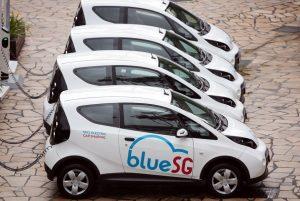
TODAY looks at Singapore’s electric vehicle journey over more than a decade:
2009
The Energy Market Authority (EMA) and the Land Transport Authority (LTA) announce the setting up of an EV task force involving eight government agencies to assess nation-wide costs, benefits and feasibility of EV adoption in Singapore
2011
The task force begins EV test-bedding, putting Singapore among the first cities in the world to test such vehicles at the systems level
The test-bed starts with three outdoor and two indoor charging stations and nine EVs, with more added later
2012
Singapore Power launches its EV technology development initiative to study the impact of EV charging on the electricity grid. Three electric Renault Kangoos were added to its fleet to facilitate testing.
Meanwhile, the task force has expanded its EV test-bed to involve 25 EVs on the road and 20 charging stations
2014
The task force announces plans to trial an EV car-sharing programme that will see the introduction of up to 1,000 EVs with supporting charging infrastructure. It issues an RFI (request for information) for companies to submit proposals for the trial
The trial would study whether a one-way car-sharing model, in which users pick up cars at one location and return them at another, can be viable in Singapore
2016
A used Tesla Model S imported here from Hong Kong draws a S$15,000 carbon surcharge. LTA says it had to account for the car’s CO2 emissions, which amounted to 222g/km, during the electricity generation process
LTA says later that it is re-examining the case, adding that it is working with Tesla engineers to see if the Model S, which qualifies for tax breaks in most countries, was tested correctly in the first place
2017
HDT Singapore Taxi rolls out Singapore’s first fleet of electric taxis, as a nationwide car-sharing programme kicked off after electric car-sharing firm BlueSG was picked out of 13 participants in the task force’s RIF exercise launched in 2014
The task force plans to roll out 2,000 charging points nationwide, including at HDB estates, which would lay the foundation for the national EV charging network
LTA’s chief technology officer Lam Wee Shann says that BlueSG’s car-sharing service, which would run a fleet of 1,000 EVs, will play an integral part in achieving Singapore’s car-lite vision by reducing reliance on private vehicles
2019
Tesla CEO Elon Musk claims that Singapore “has been unwelcome” to his company. This follows a tweet in May 2018 where he criticised the Singapore Government of being unsupportive of EVs
In response, then-Environment and Water Resources Minister Masagos Zulkifli said that Singapore is “interested in proper solutions that will address climate problems”, not a “lifestyle”
Mr Masagos notes the difficulty with developing adequate charging stations in Singapore, with 85 per cent of its population living in high-density public housing. He also said hydrogen is a better long-term solution
2020
In his Budget speech, Deputy Prime Minister Heng Swee Keat calls EVs the most promising cleaner vehicle technology. He also announces that Singapore is “placing a significant bet on EVs and leaning policy in that direction”. The country’s aims to build 28,000 charging points by 2030, and phase out all ICE vehicles by 2040
2021
The Government launches the inter-ministerial Singapore Green Plan 2030, which states a more ambitious goal to build 60,000 EV charging points and a requirement for all newly registered cars to be of cleaner energy models by 2030
Mr Heng announces in his Budget speech that Singapore will set aside S$30 million over the next five years for EV-related initiatives, including measures to improve charging provision at private premises
Source: todayonline
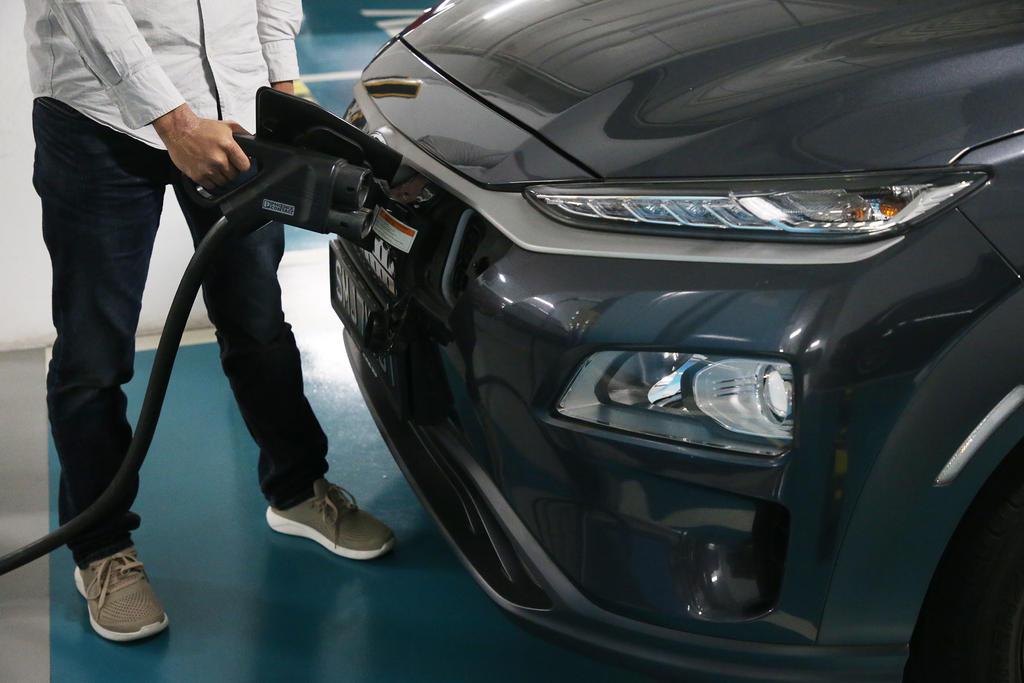
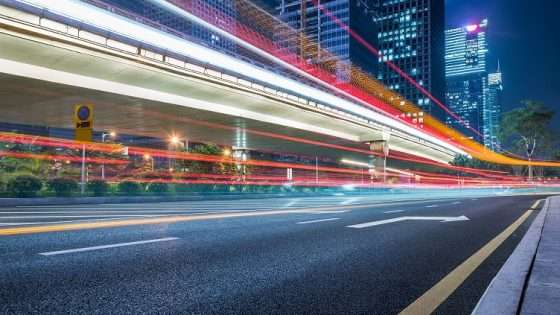
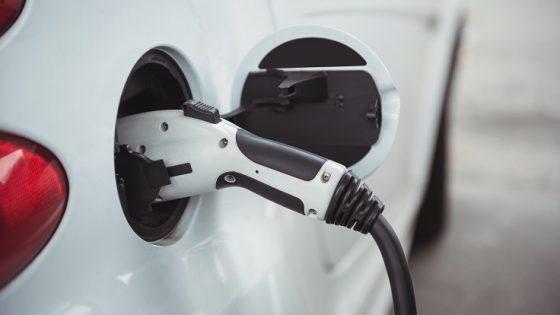
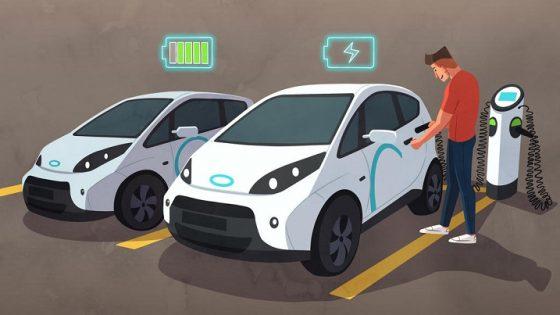
Leave a Reply